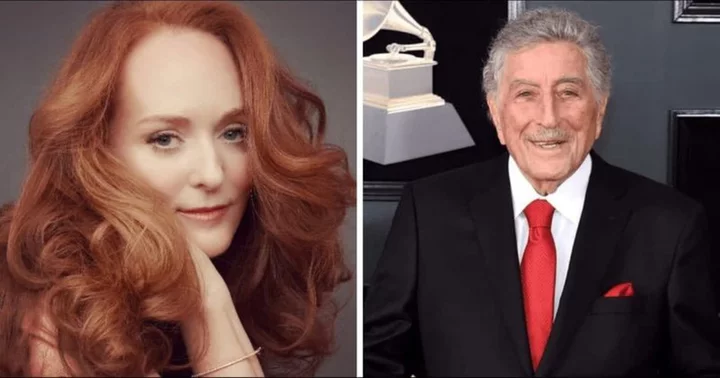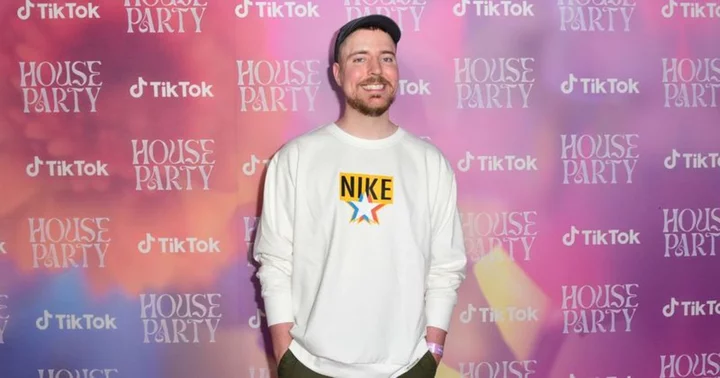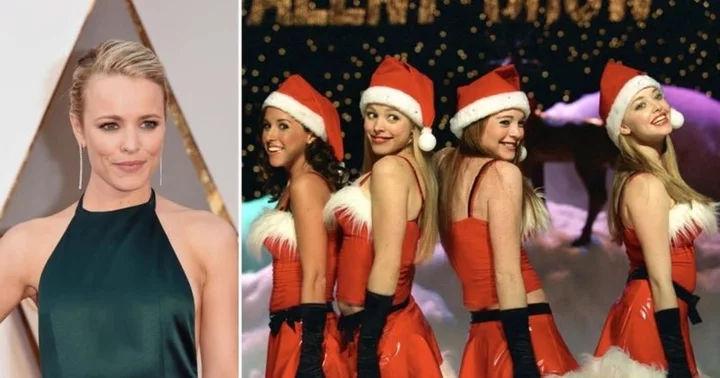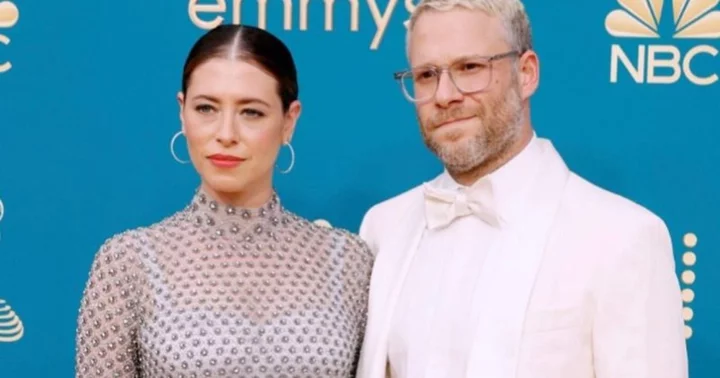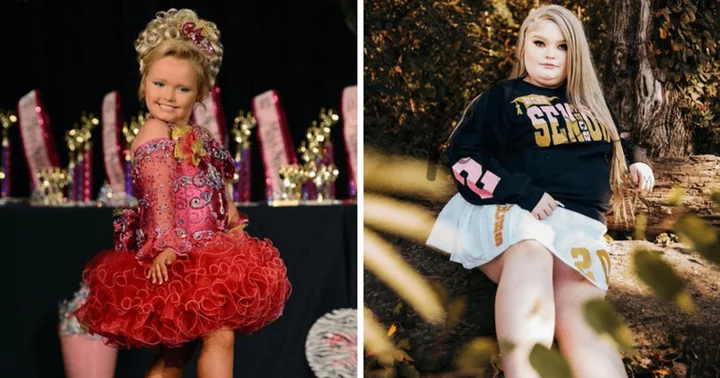TORONTO, CANADA: Oscar-winning folk singer Buffy Sainte-Marie has long been seen as an Indigenous star who breaks down barriers, but the latest news investigation has cast doubt on her Native Indian heritage.
Sainte-Marie has been accused of being a "pretendian," a term used to describe those who pretend to have Indigenous origin, following a Canadian Broadcast Corporation broadcast on the singer-songwriter.
Many North American celebrities have been accused of lying about their Indigenous heritage in recent years. However, none have caused as much controversy as the most recent accusations concerning Sainte-Marie, who has long been hailed as an Indigenous icon.
Buffy Sainte-Marie claims she was born in Canada on a Piapot Cree reserve
An in-depth CBC investigation and family members of the famous singer-songwriter dispute Sainte-Marie's assertions of Indigenous lineage.
The 82-year-old Sainte-Marie claims to have been born on a Piapot Cree reservation and to have been adopted by White parents.
In the infamous Sixties Scoop, Indigenous children in Canada were taken from their families and adopted by White families as part of a government policy of forced assimilation.
However, a birth document used in the most current CBC story claims that the singer was born "Beverly Jean Santamaria" in Stoneham, Massachusetts, to parents with European ancestry.
Furthermore, a few relatives of Sainte-Marie believe her account is "an elaborate fabrication."
"She wasn’t born in Canada.… She’s clearly born in the United States," Heidi St Marie, daughter of Sainte-Marie’s older brother, Alan, remarked, "She’s clearly not Indigenous or Native American."
Buffy Sainte-Marie's alleged Indigenous career explored
In the 1970s, Sainte-Marie shared her Cree culture with young people across the country through her appearance on Sesame Street.
She has since won multiple accolades, including an Oscar in 1983 for co-writing the song 'Up Where We Belong,' making her the first Indigenous individual to win the prestigious award.
Her fame as a folk singer began in the early 1960s, following exhibits, podcasts, and documentaries about her life and activism for Indigenous people.
Sainte-Marie's image was even included on a Canadian stamp in 2021, per the New York Post. Her possible fraud is all the more shocking and devastating to members of Indigenous communities, especially those in Canada.
They feel their history, sorrow, and heritage were stolen for her own gain because of the significance of her involvement in those communities.
Indigenous academic Kim TallBear, a professor of Native studies at the University of Alberta in Edmonton, told CBC, "It’s theft of opportunities, resources. It’s theft of our stories."
'Pretendian' Buffy Sainte-Marie's case strikes an emotional chord
Playwright Drew Hayden Taylor's "jaw literally dropped" when he found out that Sainte-Marie's indigenous origin was the subject of controversy.
Taylor, who hails from Curve Lake First Nations, has been a longtime fan of the musician, who is well-known for songs like 'Universal Soldier' and 'Until It's Time for You to Go.'
"I just thought, this must be some hatchet job. There is absolutely no way that Buffy Sainte-Marie could be a 'pretendian,'" he declared, per BBC.
Taylor added, "She's basically been invested in the Indigenous community for 60 years. It is like a personal friend, a member of the family turning on you."
Several famous academics, artists, judges, and politicians in the US and Canada have recently come under fire for allegedly making up their Native American heritage.
Concerns over Mary Ellen Turpel-Lafond's Indigenous heritage were brought up by the CBC in 2022. She recently returned her Order of Canada, the highest civilian accolade in the nation, as a result of the accusations.
Buffy Sainte-Marie calls the 'pretendian' allegations 'hurtful'
Ahead of the CBC report's publication, the folk singer, aware of what was to come, described the accusations as "hurtful" in a statement. She stated that her "growing up mother" and her own investigation later in life are the sources of her knowledge about her Indigenous ancestry.
Sainte-Marie said, "My mother told me many things, including that I was adopted and that I was Native, but there was no documentation as was common for Indigenous children born in the 1940’s."


